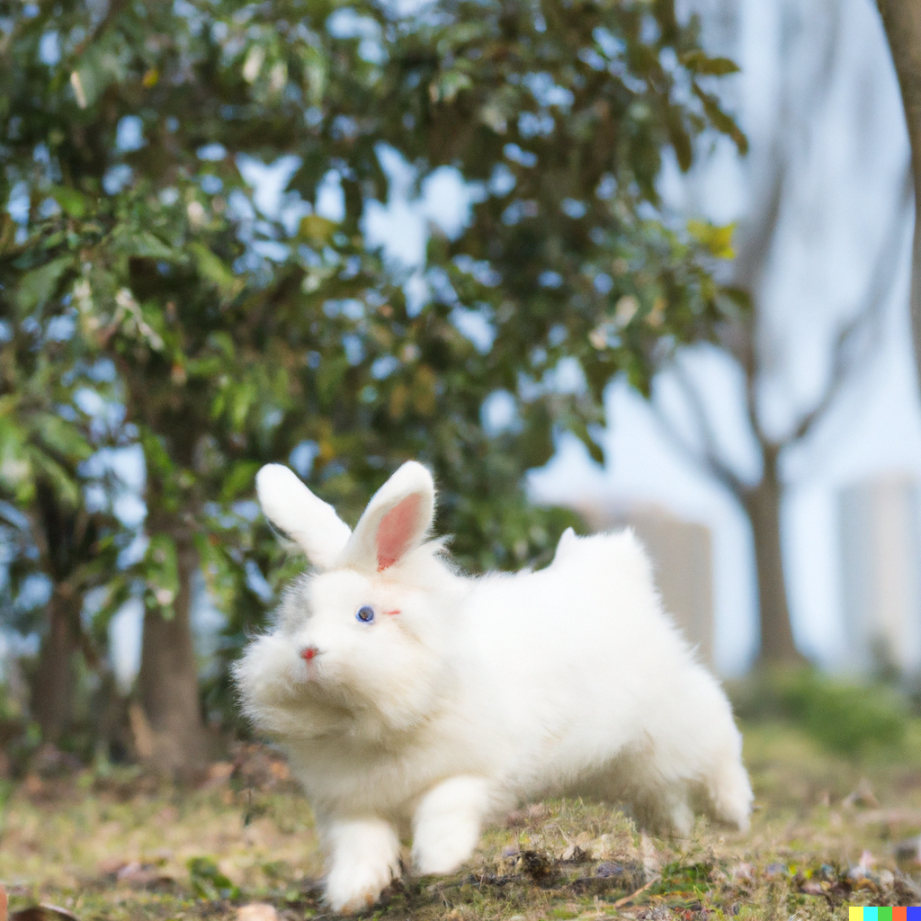What Age Does a Rabbit Stop Growing?
Rabbits are beloved pets that can bring joy and companionship to their owners. As with any pet, it’s important to understand their growth and development to ensure their overall well-being. One common question that rabbit owners have is at what age their furry friend stops growing. Let’s explore the answer to this question and provide some helpful insights for rabbit owners.

Factors that Affect Rabbit Growth
Before we delve into the specific age at which rabbits stop growing, it’s essential to understand the various factors that can influence their growth. These factors include:
- Genetics: Just like humans, the genetic makeup of a rabbit plays a significant role in their growth potential. Some breeds may reach their full size earlier or later than others.
- Diet: A well-balanced diet is crucial for a rabbit’s growth and development. Providing them with nutritious food, such as hay, fresh vegetables, and pellets, can promote healthy growth.
- Environment: The living conditions and overall environment in which a rabbit is raised can impact their growth. A clean and spacious habitat, regular exercise, and mental stimulation are all vital for their well-being.
- Health: Any underlying health issues or diseases can hinder a rabbit’s growth. Regular check-ups with a veterinarian are essential to detect and address any health concerns promptly.
When Do Rabbits Reach Their Full Size?
Now that we understand the factors that can influence a rabbit’s growth, let’s discuss when these adorable creatures typically reach their full size.
Rabbits are considered adults once they reach the age of six months. By this time, most rabbits, regardless of breed, have reached their full skeletal growth. However, it’s important to note that rabbits may continue to fill out and gain muscle mass until they are around one year old.
Some specific rabbit breeds have different growth patterns and may take longer to reach their full size. For instance, larger breeds, such as Flemish Giants, may continue to grow until they are 18 months old. On the other hand, smaller breeds, like the Netherland Dwarf, tend to reach their full size closer to six months of age.
Frequently Asked Questions (FAQs)
1. Can rabbits grow too big?
While rabbits have a natural growth limit, providing an improper diet or excessive caloric intake can lead to obesity, which can cause health issues. It’s important to ensure your rabbit maintains a healthy weight to promote overall well-being.
2. How can I support my rabbit’s growth?
Ensure your rabbit has access to a balanced diet, consisting of hay, fresh vegetables, and pellets. Additionally, providing ample space for exercise and mental stimulation can contribute to their healthy growth.
3. Should I be concerned if my rabbit isn’t growing as fast as other rabbits?
Each rabbit is unique, and their growth rate may differ. If you have concerns about your rabbit’s growth or suspect any underlying health issues, consult with a veterinarian for proper guidance.
4. Can rabbits continue to grow after one year?
While rabbits reach their full skeletal growth by around six months, they may continue to fill out and gain muscle mass until they are approximately one year old. However, it varies between breeds.
Understanding the growth patterns and development stages of rabbits is essential for responsible pet ownership. By providing them with a proper diet, a suitable environment, and regular veterinary care, you can ensure that your furry friend grows into a healthy and happy adult. Remember to consult with a veterinarian if you have any concerns or questions regarding your rabbit’s growth.
Related Articles…
Copyright Notice:
This website utilizes images found online, all copyrights are retained by their original owners. If you would like an image removed, kindly contact us.